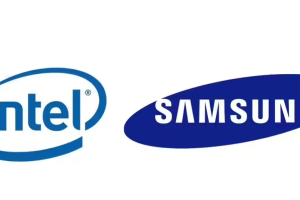June 13, 2024 – Despite Apple’s impressive showing at the WWDC24 conference, where it unveiled a slew of new systems and the “Apple Intelligence” AI platform, the company is facing mounting legal challenges. Amidst its rising stock price and robust growth, the US Department of Justice has expressed increasing concerns over Apple’s dominant market position.
Now, four more states have joined the antitrust lawsuit against Apple, bringing the total number of states involved to 20, including Washington D.C. According to AppleInsider, Nevada, Washington, Indiana, and Massachusetts are the latest additions to the lawsuit.

In a statement, Assistant Attorney General for the Antitrust Division Jonathan Kanter welcomed the new states to the alliance, stating, “We look forward to continuing to advance this important case with these states to bring the benefits of competition to consumers, app developers, accessory manufacturers, and the American public.”
The DOJ initially announced its intention to sue Apple for antitrust violations on March 21st. The department alleges that Apple has violated the Sherman Antitrust Act in five ways, including restricting third-party app development, limiting cloud gaming services, excluding cross-platform messaging apps, impeding the functionality of Apple Watch competitors, and restricting third-party services’ use of NFC.
US Attorney General Merrick Garland has expressed concerns about Apple’s practices, such as charging a 30% commission on the App Store and excluding third-party accessories like non-Apple smartwatches. Despite Apple’s introduction of RCS support in iOS 18, the DOJ contends that the platform is not welcoming to third-party messaging services.
In response, Apple has challenged the DOJ to provide evidence of three valid charges: monopoly power in the relevant market, anticompetitive behavior, and the effects of such behavior. The company argues that it faces fierce competition and does not possess the market share necessary to establish or infer market dominance.
Apple is expected to file a motion to dismiss the lawsuit by the end of next month, but the case is unlikely to end there.












